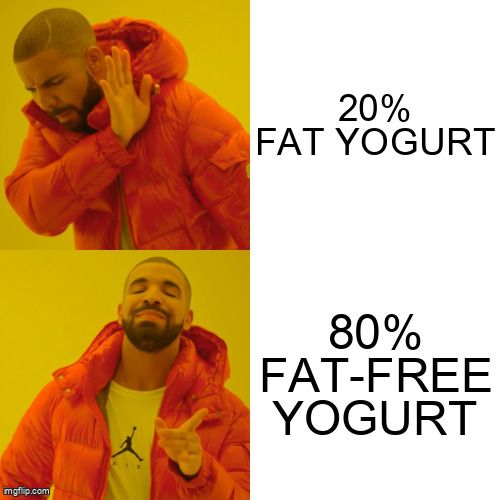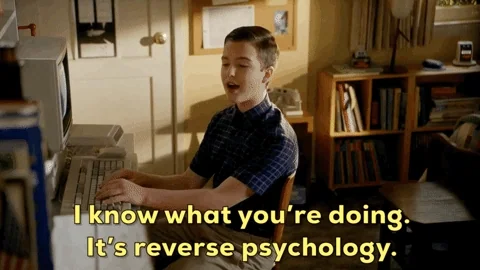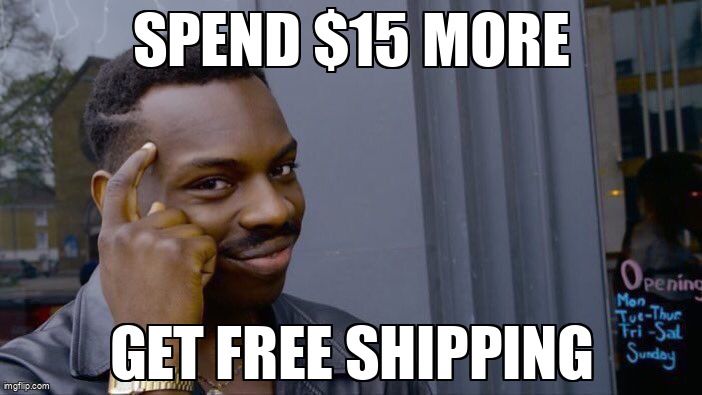You're in the mall looking to buy a new pair of sunglasses, which normally costs $100.
In one store, there's a sale for the sunglasses you want at 20% off! Score!
But wait! The store next door sells the same pair with a $20 discount.
Which is the better deal? Be careful — this is the framing effect!

What is it, how does it affect your decisions, and how can you avoid the pitfalls of its effects?
What is the framing effect?
According to Simple Psychology, the framing effect happens when people are influenced by how information is presented. The overall message may be the same between two choices, but one choice may appear to be "better" depending on how each choice is worded.
Example

Suppose you're choosing between two yogurts. One yogurt says "20% fat" while the other says "80% fat-free."
Which one are you going for?

If you're like most people, the "80% fat-free" yogurt looks healthier. However, "20% fat" and "80% fat-free" actually mean the same thing!
What made you think they were different?
How the framing effect influences decision-making
Word choice and emphasis heavily affect your decision-making. If something is presented in a more positive light, it can appear to be a good choice even when the option itself isn't great. 
In the yogurt example, "80% fat-free" highlights a positive attribute, whereas "20% fat" seems to be a negative attribute.
Information may be viewed as "positive" or "negative" based on what we want or if it makes us feel good. In reality, these two yogurts are the same, but you can see how word choice and emphasis affect your decision-making!
Example: education taxes
Let's say there's a debate about whether taxes should increase to 15%. You don't agree with the policy, but if it's presented as a way to "increase funding for schools," you might think it is a good idea.
Why?

If the information contains positive terms, things we like, or appears more urgent, people automatically think it's better. With these points, "More money for school!" sounds more favorable than "Higher taxes!" Likewise, things that are presented in a negative light (or are not mentioned at all) appear to have less value.
How to avoid pitfalls of the framing effect

Knowing how the framing effect can influence your decision-making, how can you make smarter choices?
Understand exactly what's being presented. Some information can be unfairly painted in a more positive or negative light. Remember that the overall message between two "different" choices may be the same!
Learn about your choices. The more you understand something, the more informed you are to make a decision that's best for you.
Think long-term. Consider what the effects of each choice will be and pick the one that you want for your future.
Follow your gut. If something sounds too good to be true or way too easy to select, pause and think. You can pause on a decision if you're unsure.
Quiz: Quincy's gifts
Quincy is buying a few gifts for the upcoming holiday season. One gift he plans to buy costs $35, while the other is $20, making the total cost of his purchase $55.
He'll have to pay $5 for shipping, but if he spends at least $60, he gets free shipping!
Quincy is thinking about buying an additional item for $15 to get free shipping even though he doesn't need it.

How is this an example of the framing effect influencing his decisions? Select all that apply:
A. The free shipping deal makes it look as though he'll be saving money.
B. He doesn't have enough information to make a good decision.
C. The offer can make him feel excited.
D. "Free" is a positive term.
Quiz
How is this an example of the framing effect affecting his decisions? Select all that apply:
Take Action
Back to the sunglasses: You realize that 20% off and a $20 discount mean the same thing since both stores are selling the $100 sunglasses for $80. So, you decide to buy them at your favorite store. 😎
Wording and marketing are powerful, but with knowledge of the framing effect, you can make smarter choices by understanding that the way information is presented can affect how you see things!

Make smart decisions using your understanding of the framing effect to your advantage!
Your feedback matters to us.
This Byte helped me better understand the topic.
